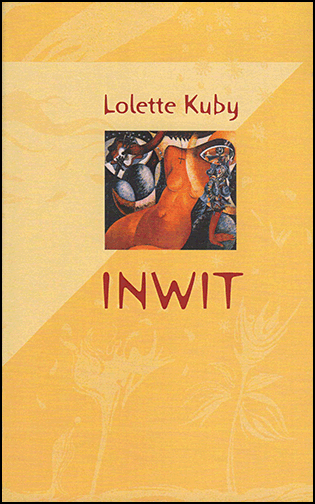INWIT

Inwit is a collection of two types of poems: in Part One, "Midnight Snow," my shorter, pithier poems; in Part Two, "The Trade," poems on poets and poetry. The book also contains "An Interview with Myself," my attempt to define poetry as distinguished from prose. .
I intended the title to mean the moment in which the heart and the mind work as one faculty. A common phrase in Middle English--Agenbite of Inwit (The again bite of inner knowledge and feeling)-it has fallen into almost complete disuse. Here is bit of etymology:
Agenbite of inwit is an archaic phrase that originated as the title of a French treatise on morality. It was translated into English in 1340 by Dan Michel, a monk at Canterbury. The title (originally spelled "Ayenbite of Inwyt") means 'the remorse of conscience', literally, 'the again-biting of inner wit'. The English word agenbite is a translation of both elements of the Latin verb remordere 'to bite again', the source of English remorse. The English word inwit usually means 'an inner sense of right or wrong', but its more general meaning is 'reason, intellect, understanding, or wisdom'.
The phrase agenbite of inwit has been revived by modern writers. James Joyce used it at least eight times in Ulysses to portray Leopold Bloom's character as being afflicted by the repeated bite or wound of introspection, self-analysis, and self-awareness:
Read an excerpt
Back-cover page and where to buy: INWIT


